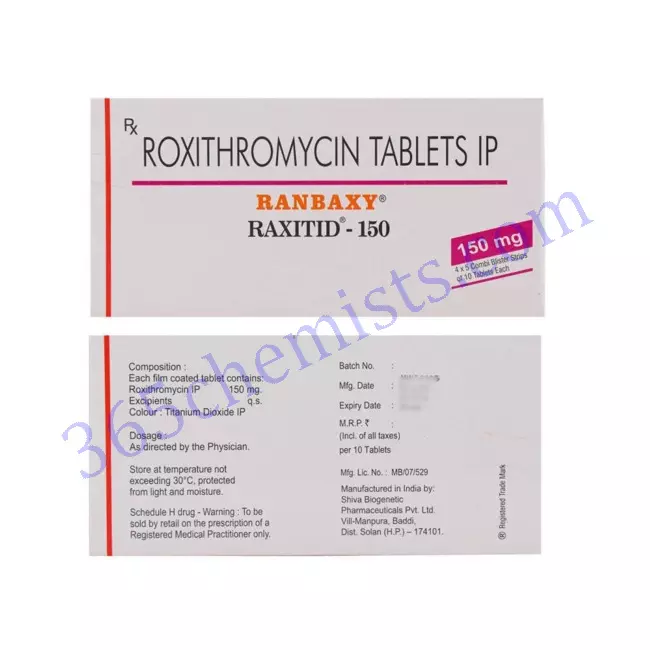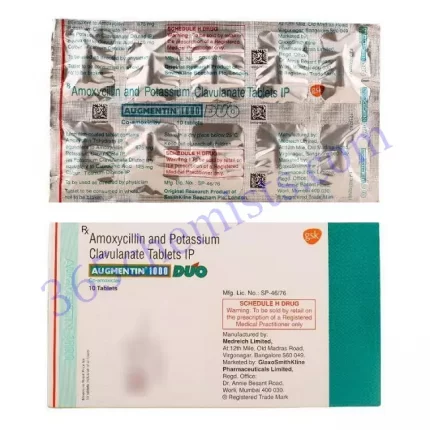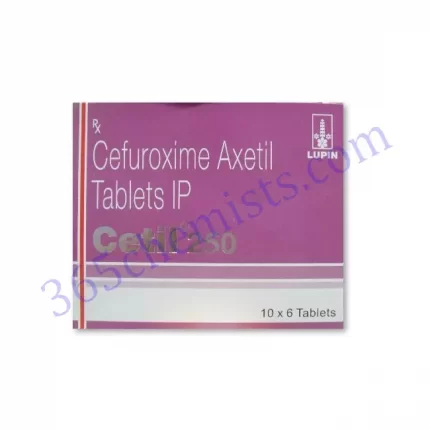Introduction
The active component of the medication known as Raxitid 150mg Tablet is roxithromycin, which comes in the dosage form of 150mg. As an antibiotic belonging to the macrolide class, it is frequently recommended for the treatment of a wide variety of bacterial infections. The purpose of this in-depth article is to provide a detailed description of Raxitid 150mg Tablet, including its uses, dosage, side effects, precautions, and other relevant information.
Uses of Raxitid 150mg Tablet
The Raxitid 150mg Tablet is most commonly employed in the treatment of infections of the respiratory tract, such as acute bronchitis, community-acquired pneumonia, and pharyngitis/tonsillitis. Additionally, it is effective against specific infections of the skin and soft tissues. The active component of Raxitid 150mg Tablet, roxithromycin, works to eradicate an infection by preventing the growth and multiplication of bacteria. This results in the elimination of the infection.
Dosage and Administration
It is possible for the recommended dosage of Raxitid 150mg Tablet to change depending not only on the nature and extent of the infection, but also on the age of the patient and their general state of health. It is essential to carefully adhere to the dosage instructions provided by a medical professional or those listed on the packaging of the medication that you have been prescribed. Adults should take one tablet (Roxithromycin 150 mg) once daily, as this is the dosage that is typically recommended. The length of treatment is contingent upon the nature and extent of the infection being treated. It is essential to take all of the prescribed medication for the full duration of the course.
Possible Side Effects
Raxitid 150mg Tablet, like any other medication, carries with it the potential to cause certain adverse effects in some people. These adverse effects can range from mild to severe and may include the following:
- Gastrointestinal disturbances: Raxitid 150mg Tablet is known to cause gastrointestinal side effects such as nausea, vomiting, diarrhoea, and abdominal pain in some patients. These adverse effects are typically mild and fleeting in nature. It is possible to lessen the severity of these side effects by taking the medication with food.
- Allergic reactions: Roxithromycin has been known to cause allergic reactions in extremely rare instances. These reactions can manifest as a rash, itching, swelling of the face, lips, or throat, as well as difficulty breathing. If you experience any of these symptoms, you need to seek medical attention as soon as possible.
- Roxithromycin has been linked to a variety of changes in liver function tests, including elevated levels of liver enzymes, which can indicate an abnormality in liver function. It’s possible that you’ll need to have your liver function monitored on a regular basis, especially if you have any pre-existing liver conditions.
Precautions and Warnings
Before beginning treatment with Raxitid 150mg Tablet, it is essential to provide the healthcare professional with information regarding any preexisting medical conditions, allergies, or other medications that are currently being taken. This information will assist the physician in making an educated decision that will guarantee the treatment’s safety as well as its effectiveness.
The following is a list of some of the most important precautions and warnings associated with the use of Raxitid 150mg Tablet:
- In order to reduce the risk of adverse allergic reactions, individuals who have a history of hypersensitivity to macrolide antibiotics should not take Raxitid 150mg Tablet.
- Liver impairment: Raxitid 150mg Tablet use should be approached with extreme caution in patients who already suffer from a pre-existing liver condition. It is possible that routine monitoring with liver function tests is required.
- Interactions with other medications There is a possibility of Raxitid 150mg Tablet interacting with other medications, including antacids, anticoagulants, and certain statins. Before beginning treatment with Raxitid 150mg Tablet, it is essential to provide the healthcare professional with a complete list of all medications, supplements, and herbal products that are currently being utilised.
Conclusion
The macrolide antibiotic Raxitid 150mg Tablet (Roxithromycin 150mg) is commonly used for the treatment of respiratory tract infections as well as certain skin and soft tissue infections. It is a well-liked option for treating these conditions due to the fact that it is effective and only needs to be taken once daily. However, it is essential to make sure to take this medication exactly as directed, adhere to the dosage that is recommended, and pay attention to all of the precautions and warnings. Maintaining open lines of communication with one’s healthcare team and closely monitoring one’s response to treatment will both maximise the likelihood of favourable outcomes and reduce the likelihood of unwanted effects.












